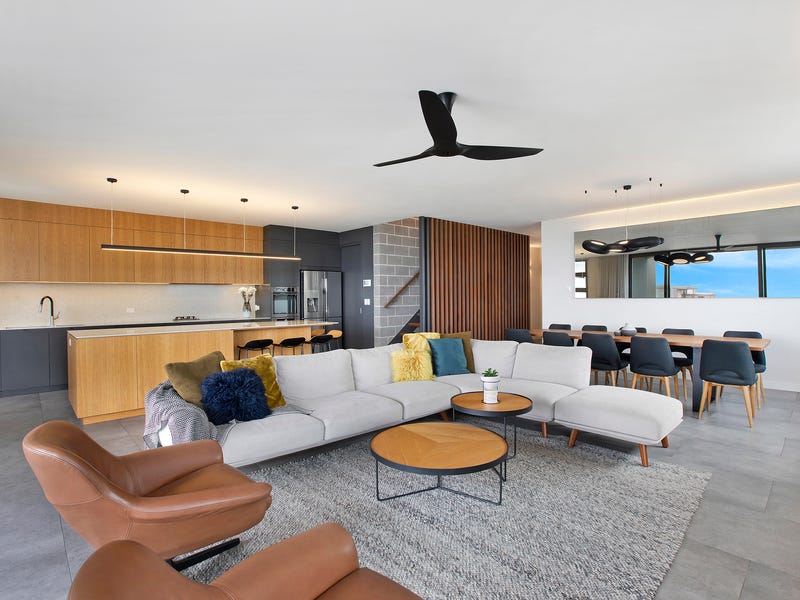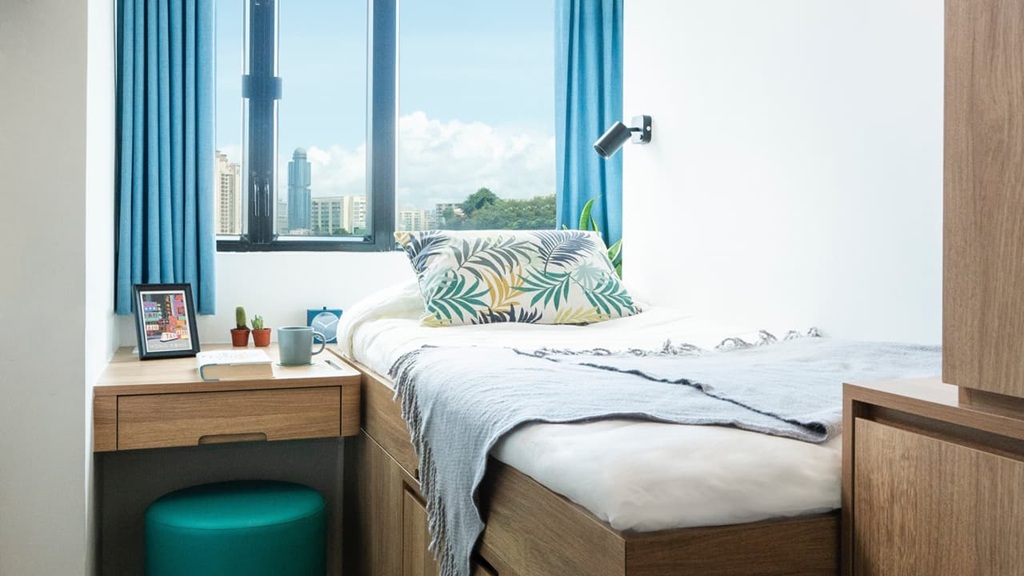Accessory Dwelling Units, commonly referred to as ADU’s, have become an increasingly popular solution for homeowners in Colorado. These versatile structures provide additional living space, rental opportunities, and increased property value while addressing housing shortages in many communities. Whether used for family members, short-term rentals, or income-generating purposes, Colorado ADU’s offer a practical and flexible option for property enhancement.
What Are Colorado ADU’s?
Colorado ADU’s are secondary living units built on the same lot as a primary residence. They can take various forms, including detached structures, converted garages, basement apartments, or over-garage units. Despite their smaller footprint compared to the main home, ADU’s are fully functional, often including bedrooms, bathrooms, kitchens, and living areas.
Local regulations in Colorado determine the specific requirements for ADU construction. These include size limitations, setback requirements, parking provisions, and utility connections. Municipalities such as Denver, Boulder, and Fort Collins have implemented guidelines that encourage the development of ADU’s to increase affordable housing options without drastically changing neighborhood character.
Colorado ADU’s offer homeowners flexibility in design and use. They can serve as private spaces for extended family, home offices, guest suites, or rental units. With careful planning, ADU’s can integrate seamlessly into the property’s aesthetics, maintaining cohesion with the primary residence while providing functional independence.
Benefits of Building an ADU in Colorado
One of the most significant advantages of Colorado ADU’s is the potential for supplemental income. Homeowners can rent out the unit on a long-term or short-term basis, helping offset mortgage costs or generating steady revenue. This is particularly appealing in areas with high housing demand or strong rental markets.
ADU’s also provide housing solutions for family members who need a separate living space while remaining close to the primary household. Elderly relatives, adult children, or young professionals can benefit from privacy and independence without leaving the property. This arrangement fosters family support networks and encourages multigenerational living.
From an investment standpoint, ADU’s can increase property value. Well-designed units enhance the overall utility and appeal of a property, making it more attractive to buyers. Additionally, ADU’s align with sustainable urban planning goals by utilizing existing lots efficiently, reducing the need for new land development, and supporting denser, more walkable communities.
Environmental benefits also play a role. ADU’s are generally smaller than primary homes, requiring fewer materials and energy resources. Incorporating energy-efficient systems, solar panels, or sustainable building materials can further minimize the environmental footprint while enhancing comfort and reducing utility costs.
Key Considerations When Planning Colorado ADU’s
Building an ADU in Colorado requires careful planning and compliance with local zoning and building codes. Understanding the rules and restrictions in your municipality is essential before beginning construction. These regulations dictate the maximum size of the unit, setback distances from property lines, parking requirements, and other critical elements. Working with local authorities or experienced designers ensures that the project meets all legal requirements.
Design is another important consideration. Colorado ADU’s should complement the existing property while maximizing usable space. Open floor plans, smart storage solutions, and thoughtful layouts help smaller units feel comfortable and functional. Exterior design should maintain aesthetic continuity with the primary residence, using similar materials, colors, and architectural features.
Budgeting and financing are essential components of the planning process. Costs for ADU construction vary depending on size, materials, and complexity. Homeowners should account for construction, permits, utility connections, and potential landscaping adjustments. Exploring financing options such as home equity loans, construction loans, or city incentive programs can make the project more manageable financially.
Sustainability and efficiency are increasingly important for Colorado ADU’s. Installing energy-efficient appliances, LED lighting, high-performance insulation, and smart thermostats helps reduce operating costs while supporting eco-friendly living. Additionally, careful site planning can take advantage of natural light and ventilation, enhancing comfort and reducing energy consumption.
Long-Term Advantages of Colorado ADU’s
The long-term benefits of Colorado ADU’s extend beyond immediate living or rental opportunities. ADU’s offer homeowners flexibility for changing needs over time. As family dynamics evolve, units can transition from housing relatives to rental income or serve as office spaces, home gyms, or guest accommodations.
Financially, ADU’s represent a strong investment. Income generated from rentals can help homeowners pay off mortgages faster, save for future renovations, or reinvest in the property. Property values also tend to rise as ADU’s add functional space, modern amenities, and unique selling points.
Colorado ADU’s support community-level goals as well. By increasing housing density without drastically altering neighborhood character, ADU’s provide more affordable housing options, reduce urban sprawl, and make better use of existing infrastructure. They also offer solutions for cities facing housing shortages, providing well-integrated units that meet local demand while maintaining aesthetic consistency.
Safety and compliance remain crucial. Professionally designed and constructed ADU’s adhere to building codes, ensuring structural integrity, fire safety, and proper utility connections. Homeowners who invest in compliant ADU’s avoid potential legal complications while protecting tenants and family members.
Ultimately, Colorado ADU’s represent an innovative, flexible, and practical approach to maximizing property potential. Whether serving as rental units, private guest spaces, or additional living areas, ADU’s offer a combination of financial, functional, and environmental benefits. With thoughtful design, adherence to regulations, and professional construction, homeowners can enhance both their property value and quality of life.



